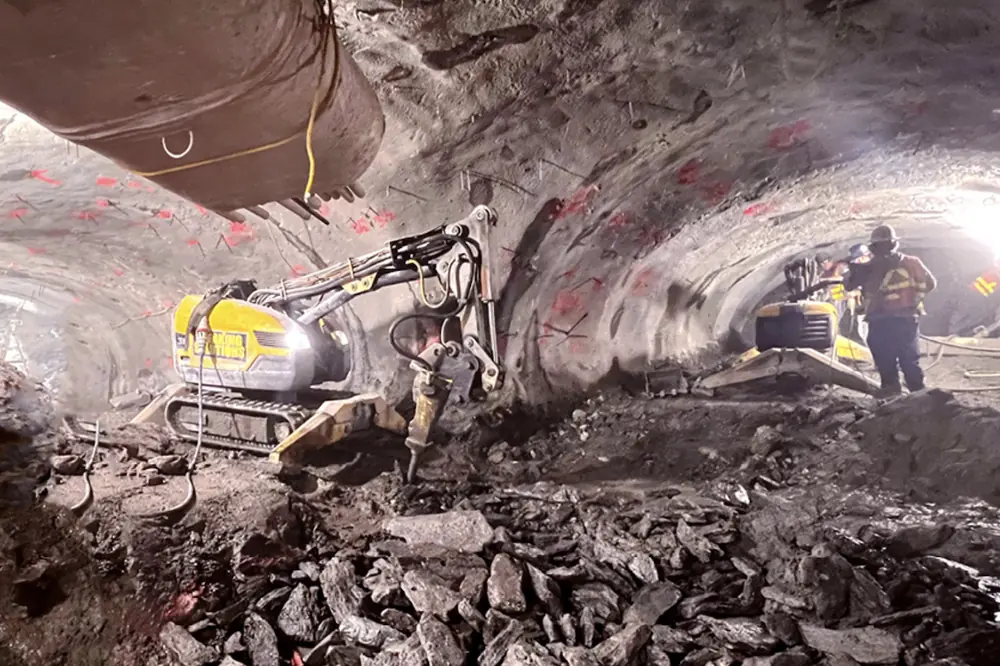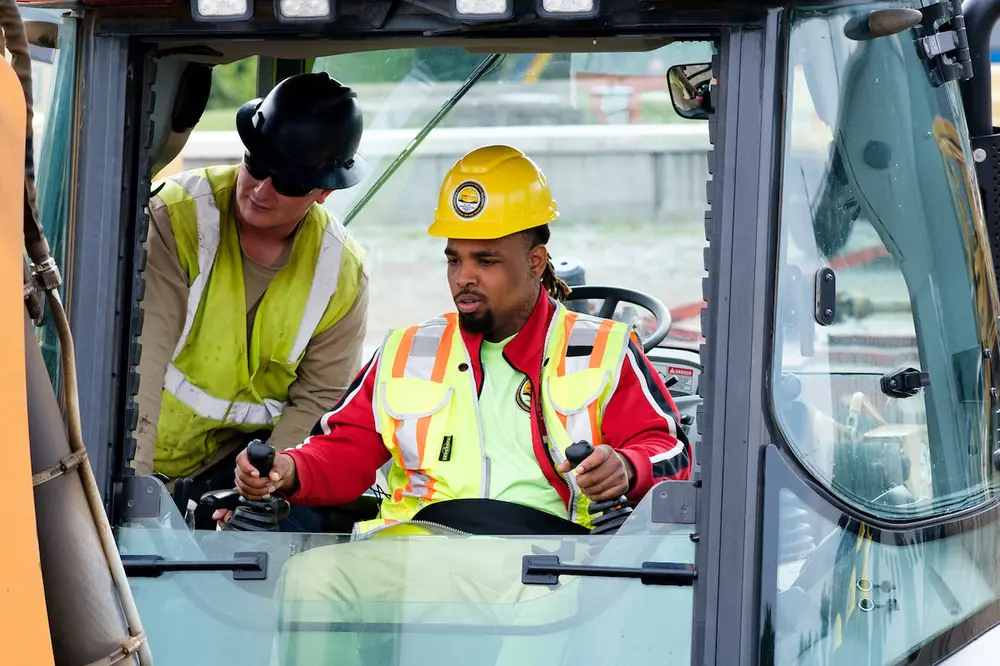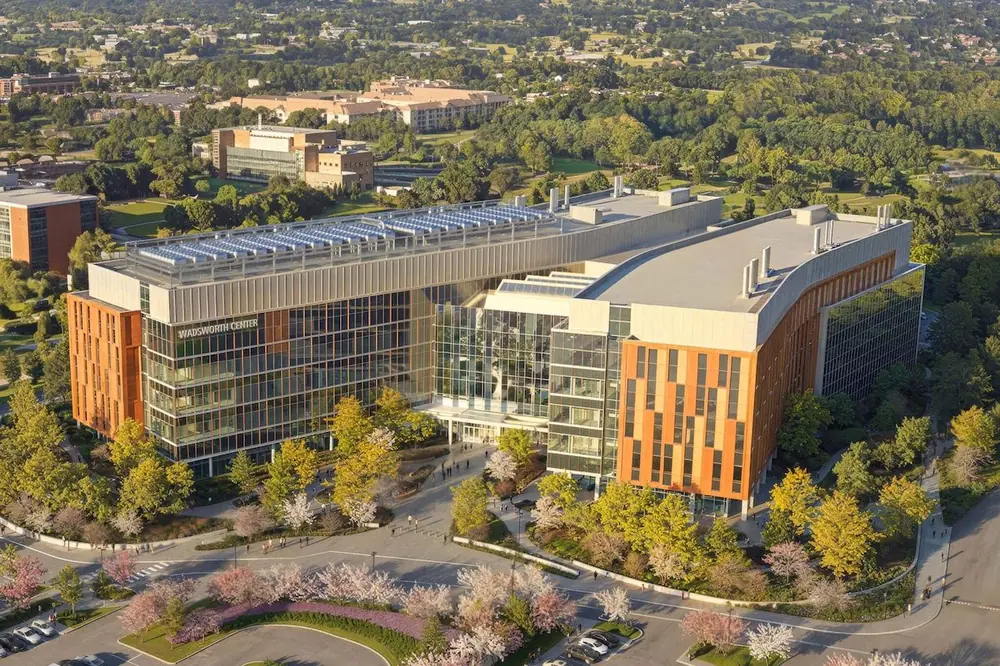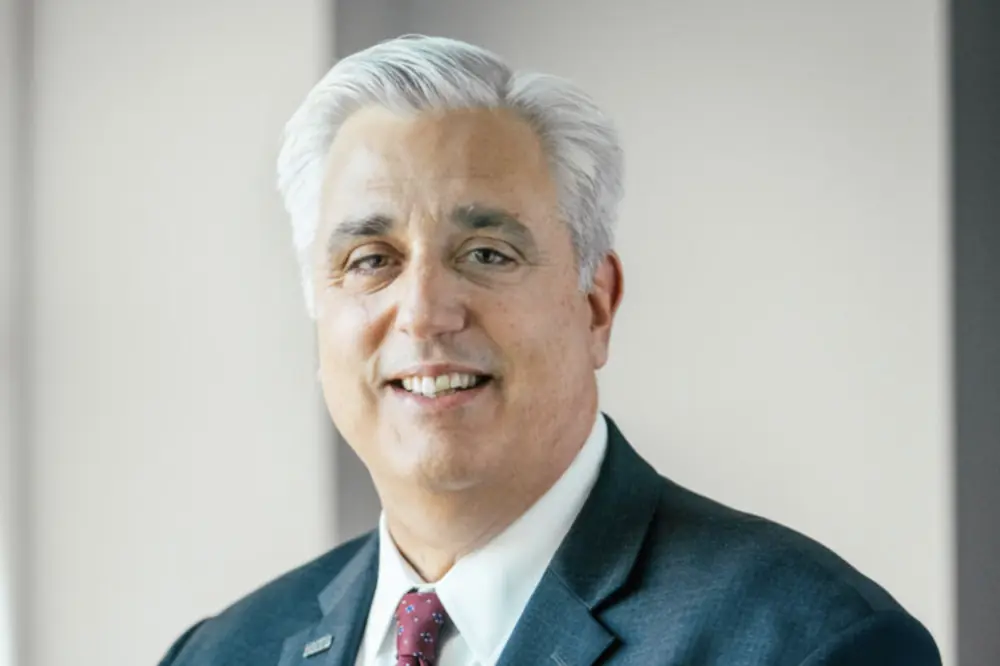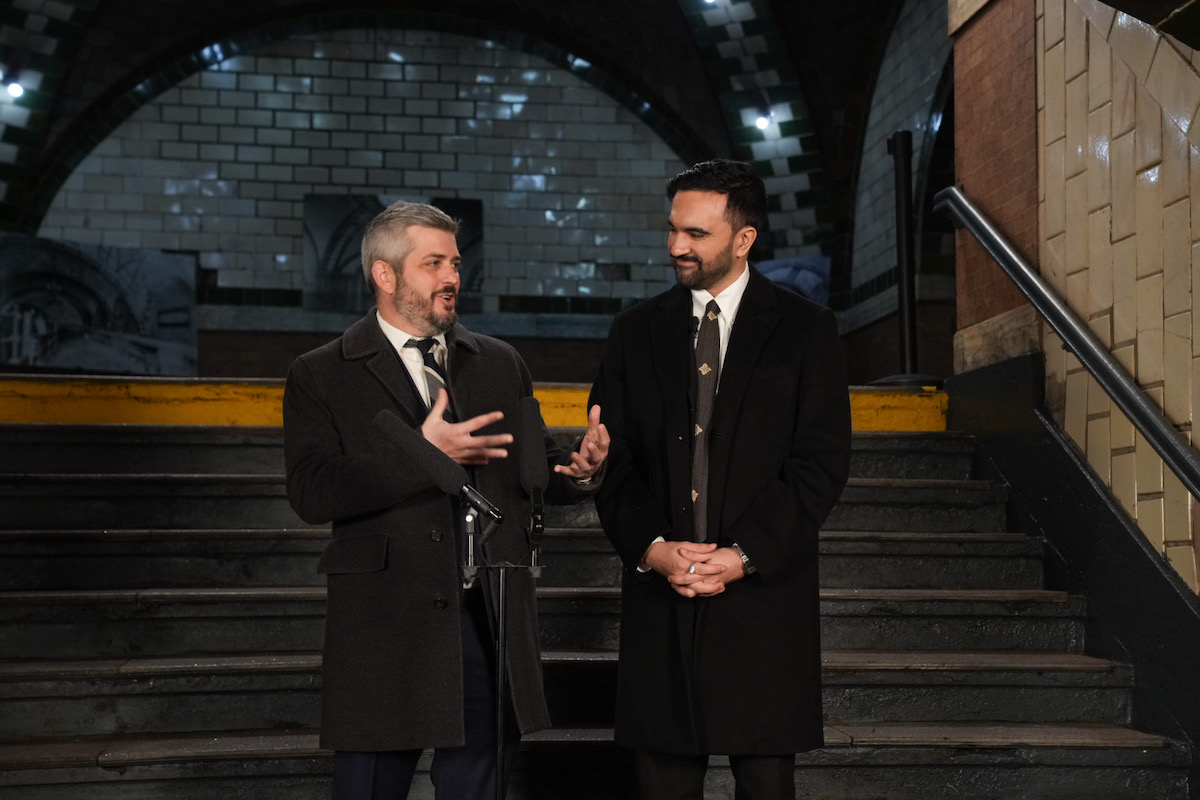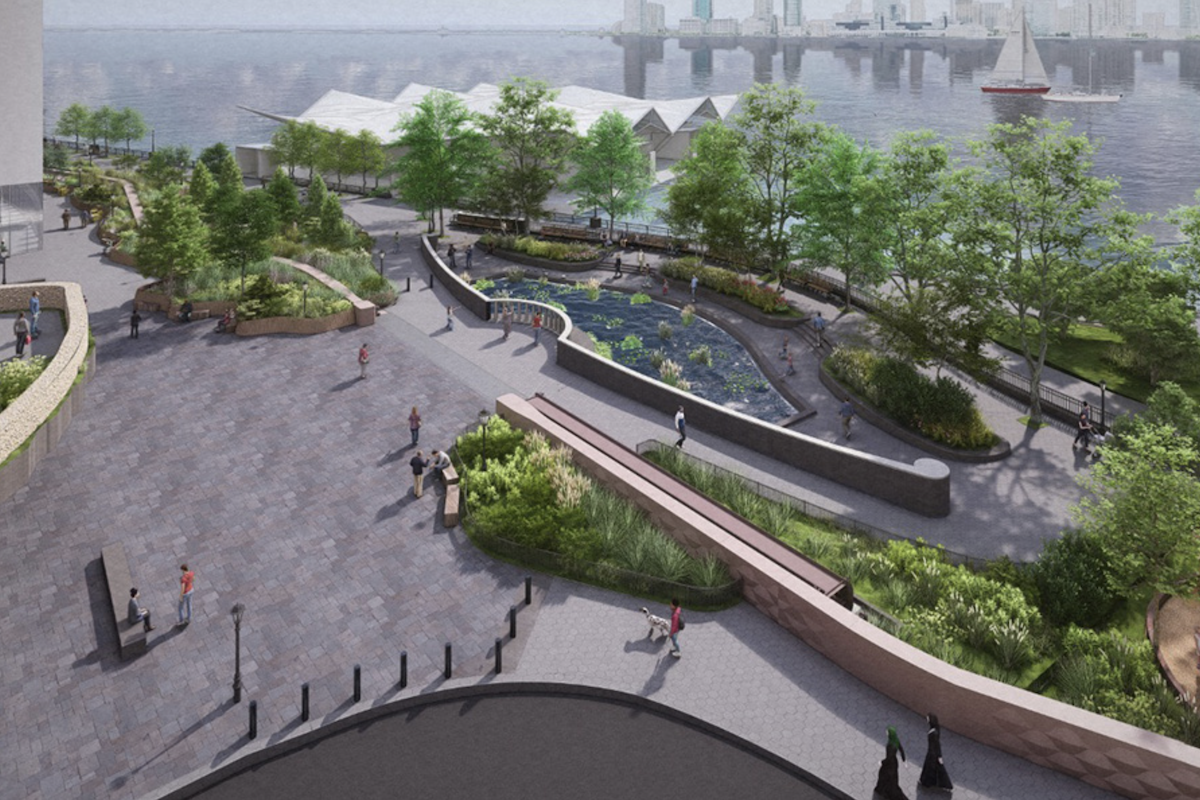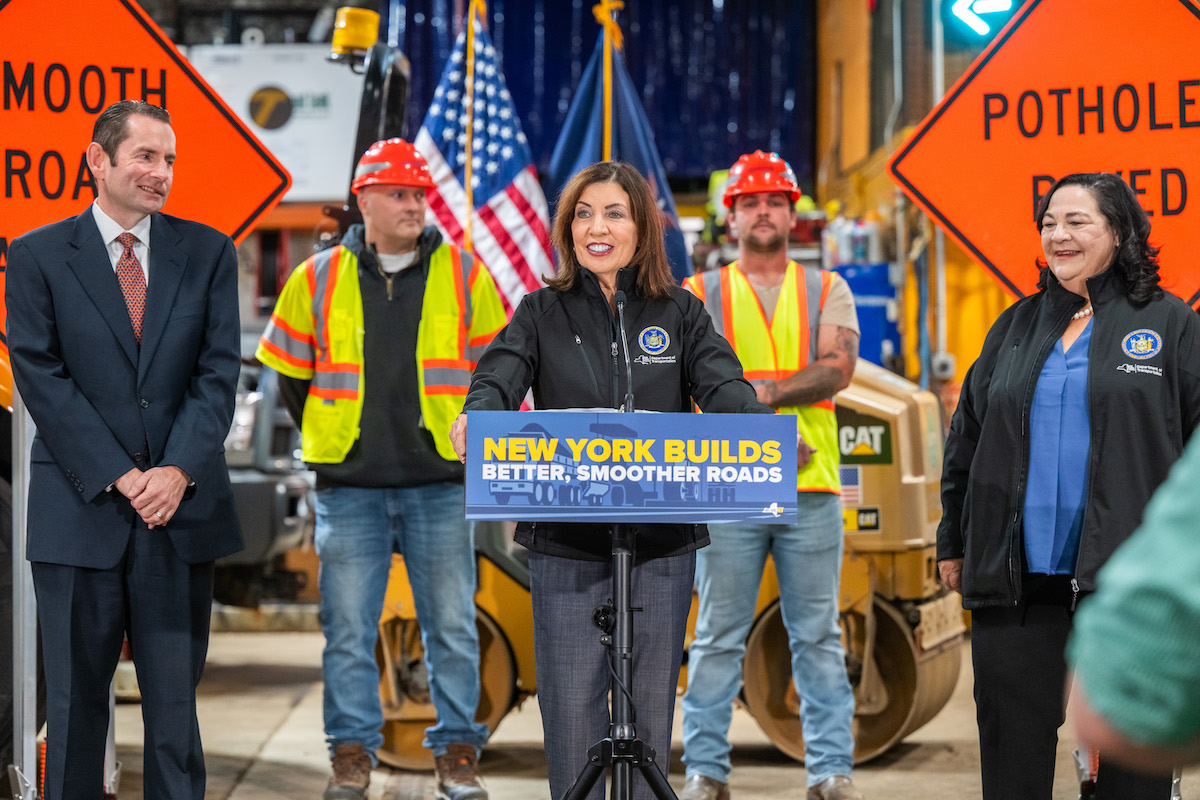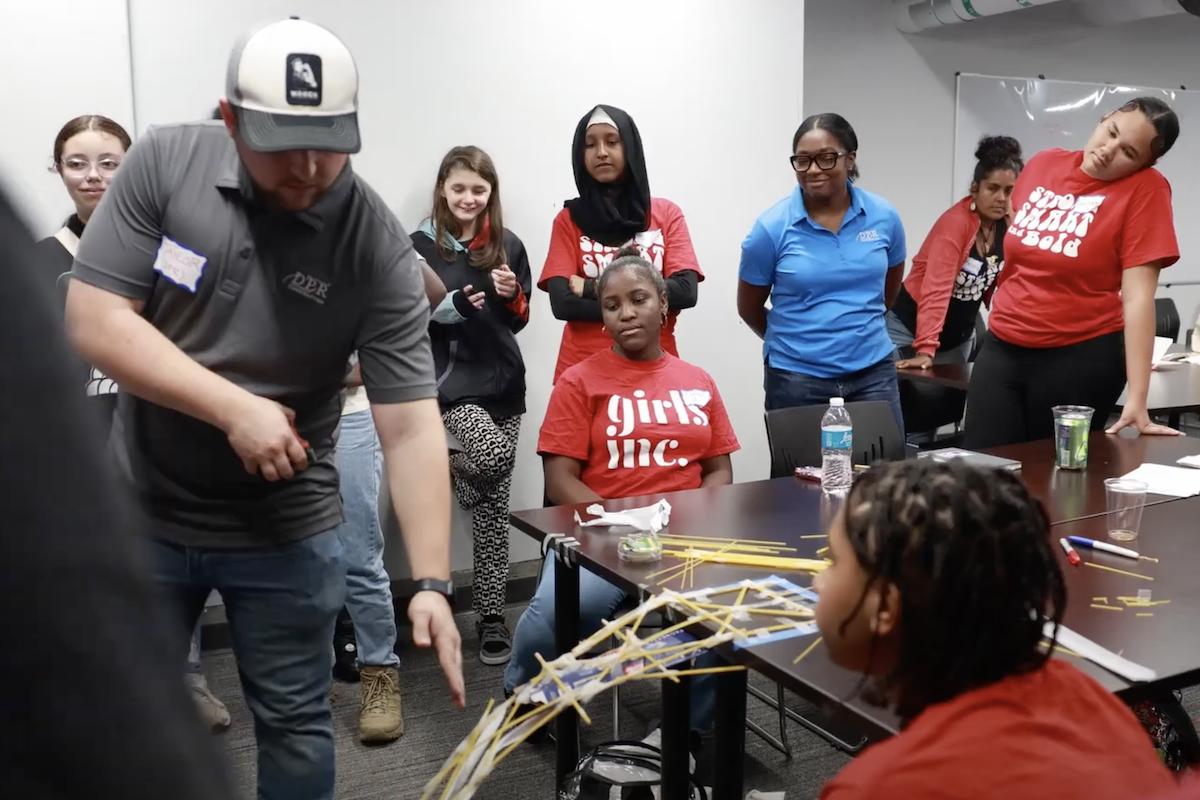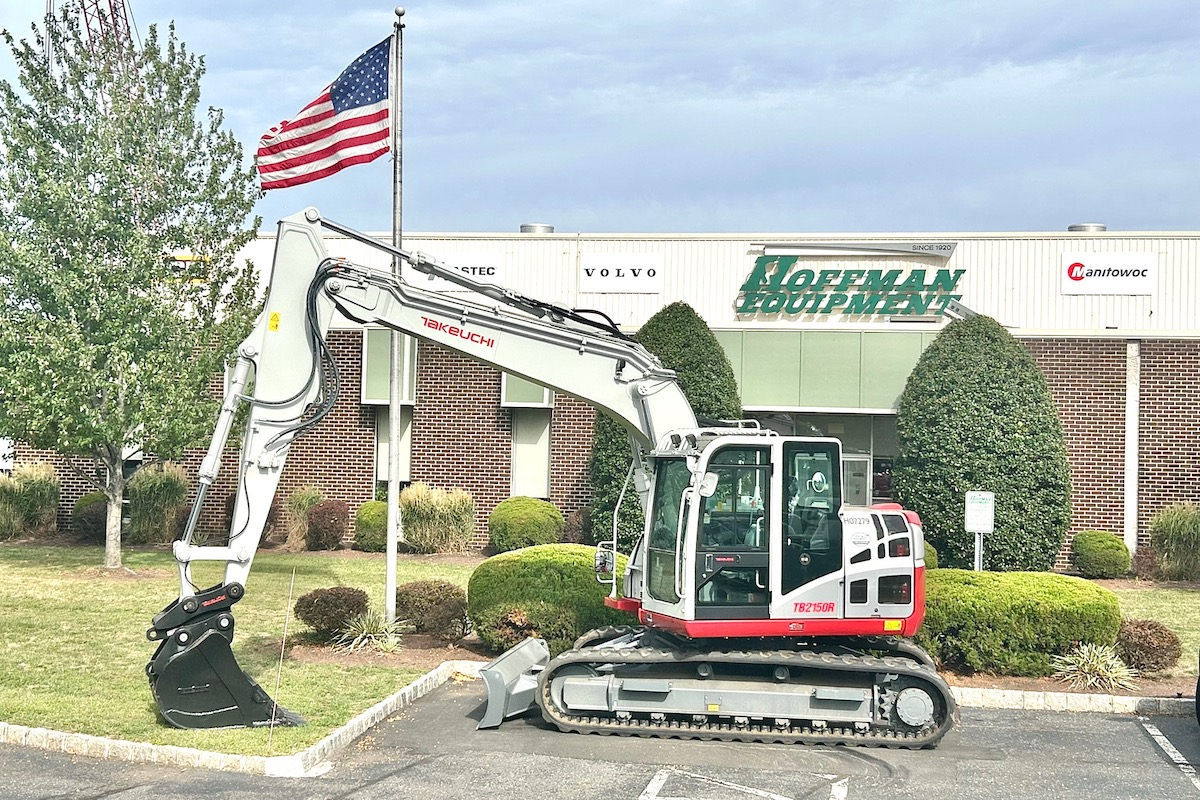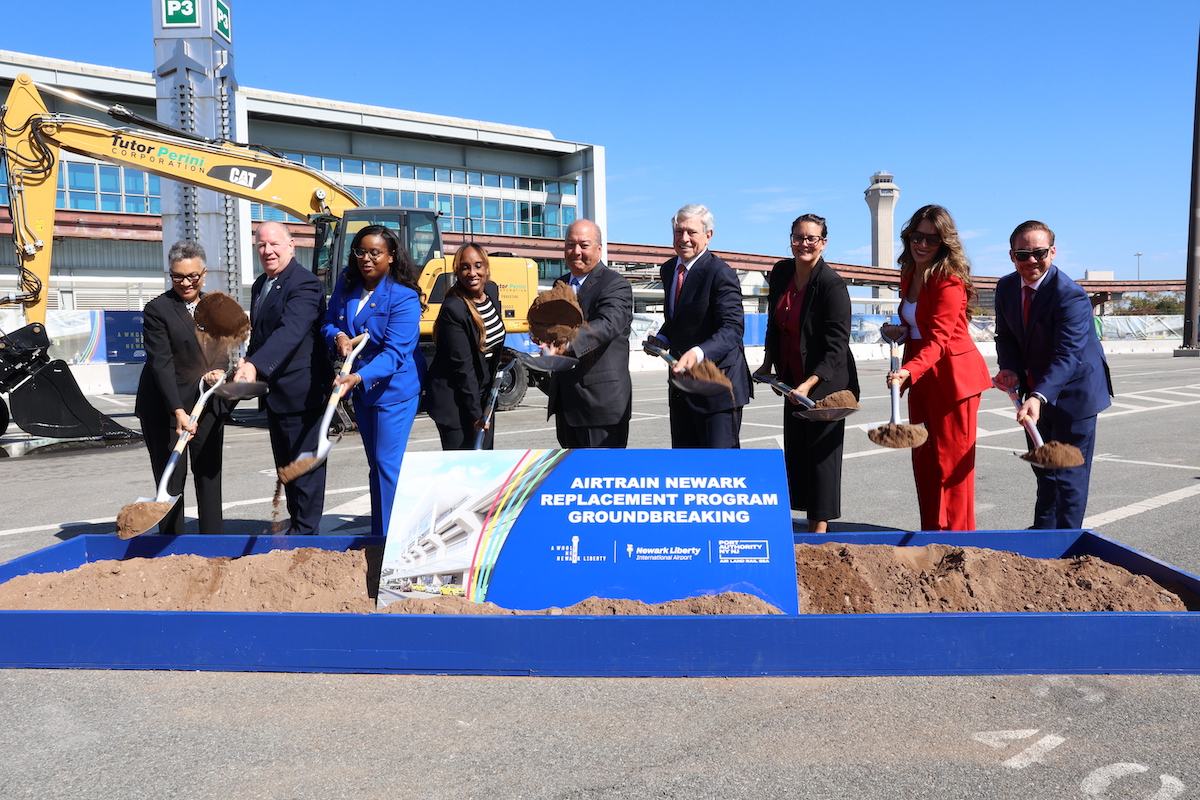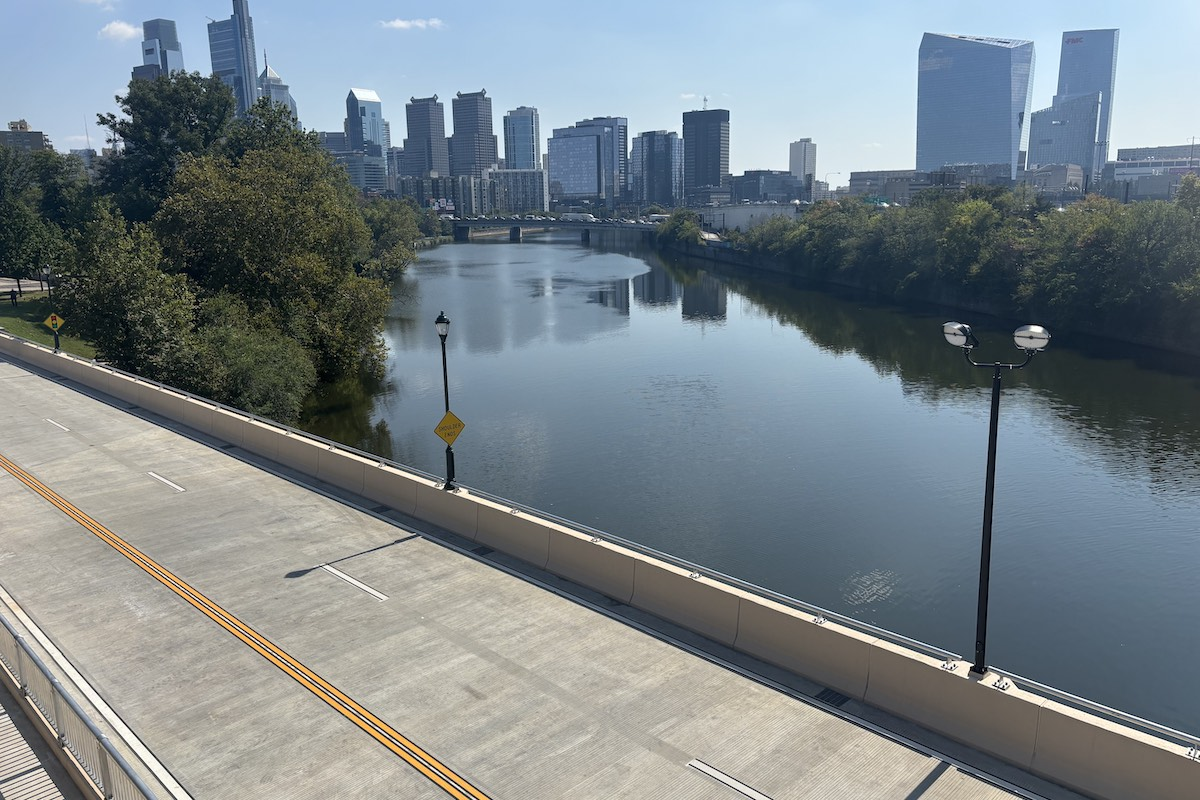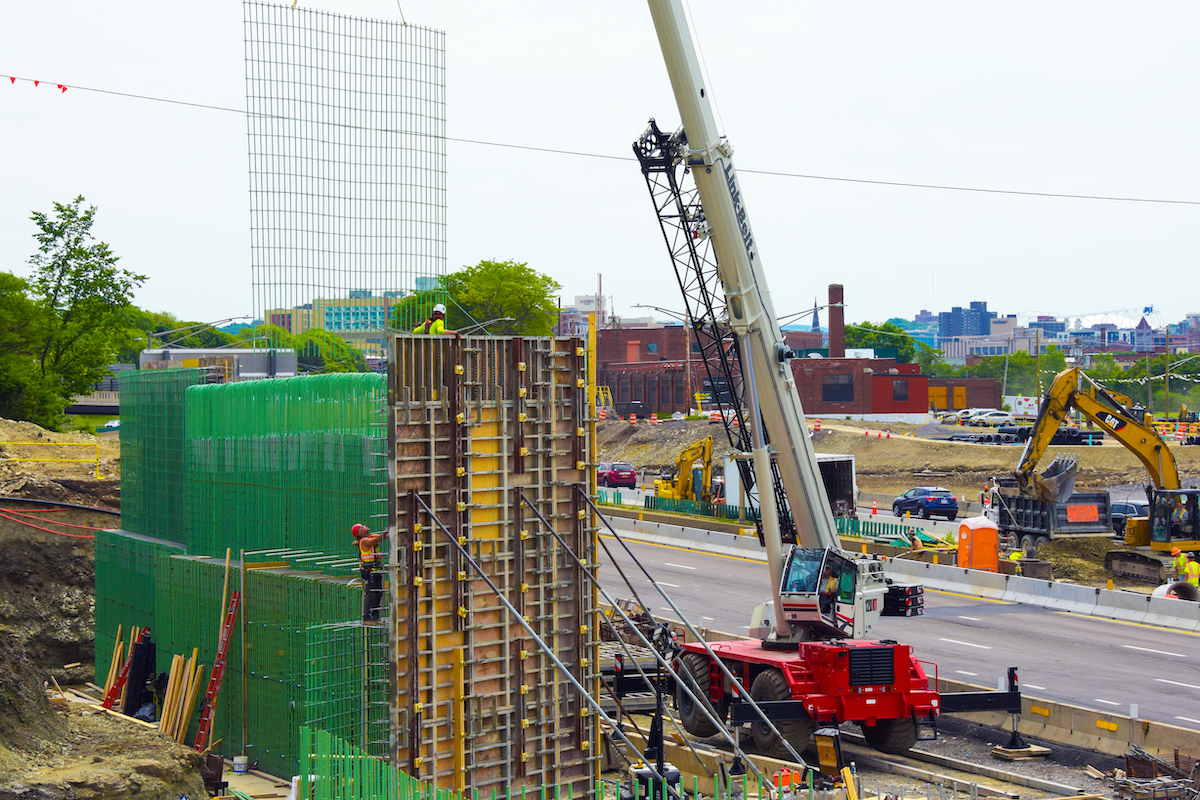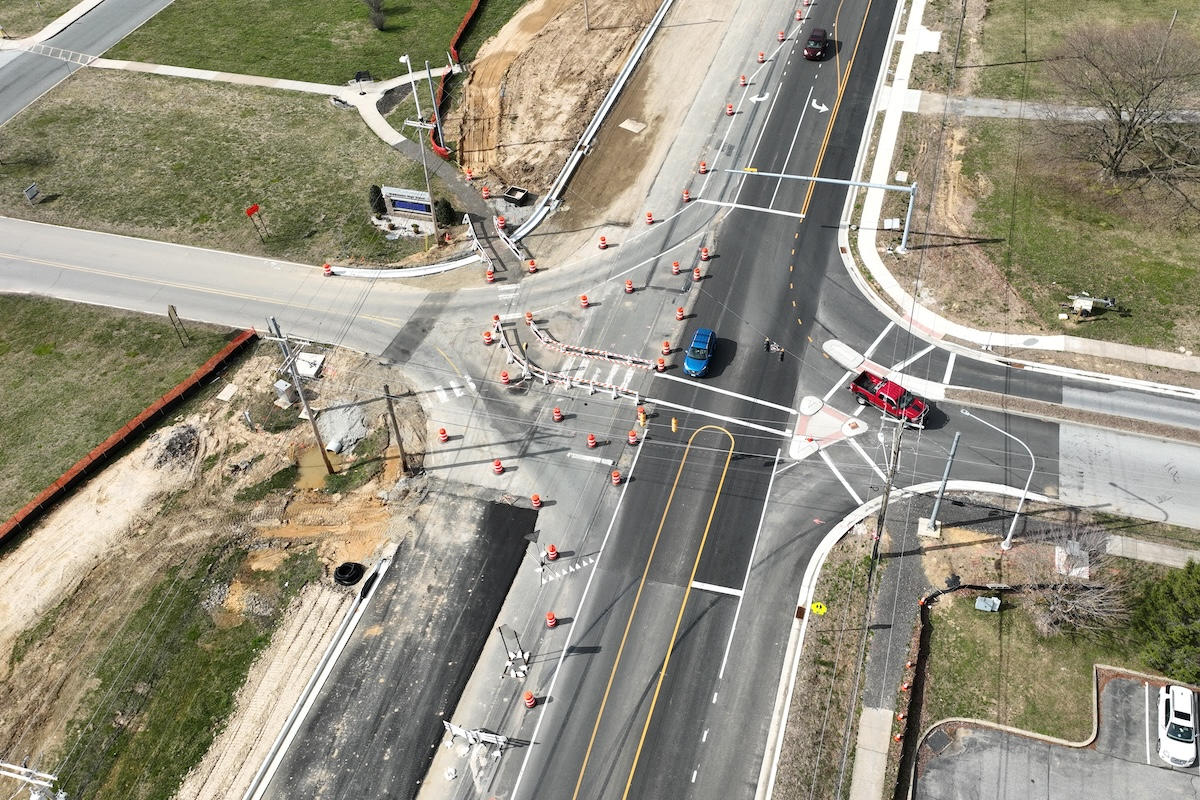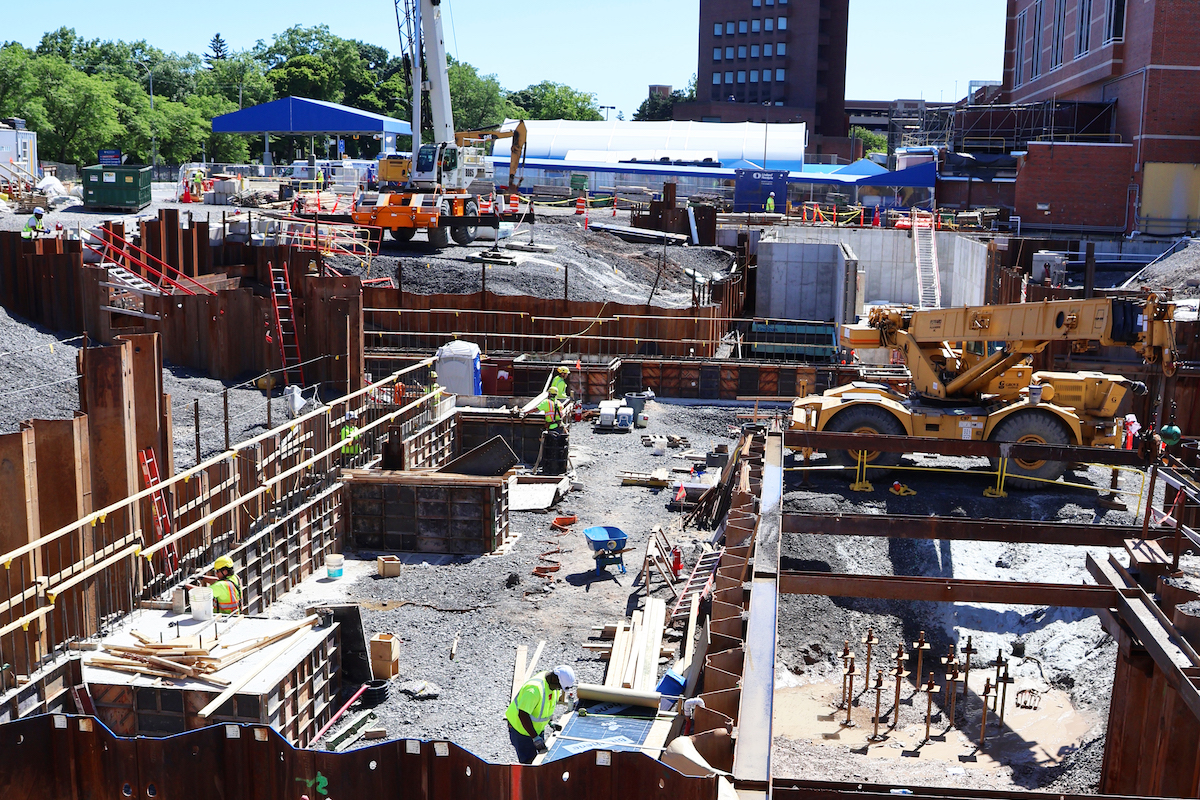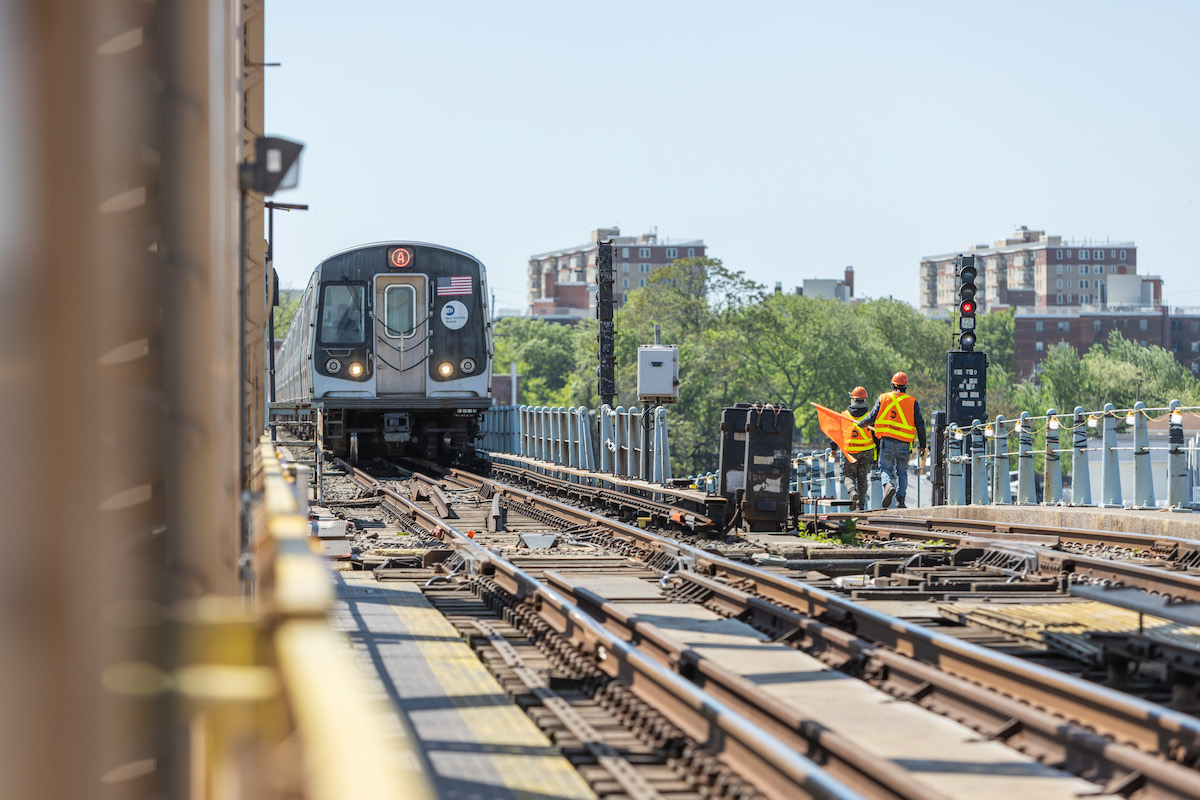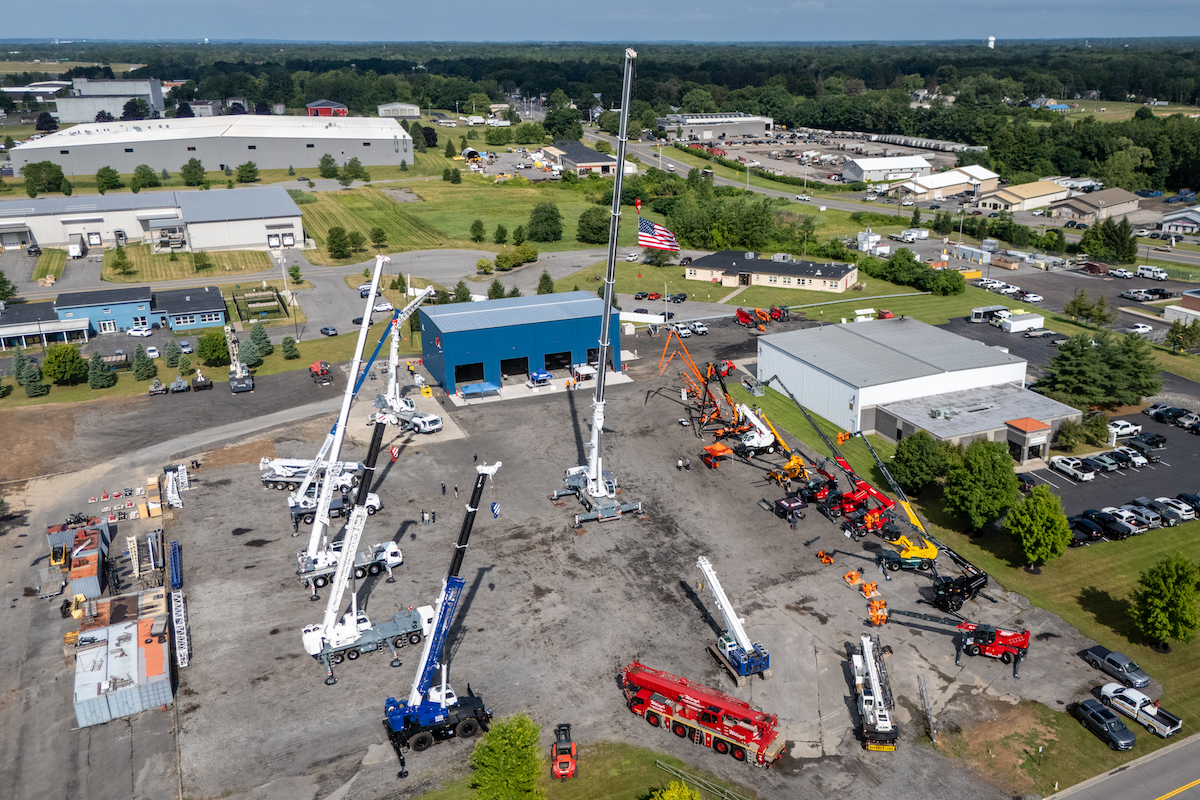The 43-mile Chester River flows through Maryland’s Eastern Shore and is a major tributary of Chesapeake Bay. U.S. 301 is a major highway that runs north-south through Maryland and is a Blue Star Memorial Highway. Highways with this designation pay tribute to U.S. Armed Forces.
The bridge had an average daily traffic count of 6,600 vehicles in 2021 and that is projected to reach 8,600 vehicles by 2041. This includes 26 percent truck traffic. To keep the bridge open and traffic flowing, MDOT SHA was patching the concrete deck regularly.
“As part of our system preservation program, we identified the bridge deck as poor,” says Maurice Agostino, the Director of the Office of Structures. While MDOT SHA could have maintained the bridge by simply putting on a new deck, they decided to build a new bridge.
“Based on the structure’s age [it was built in 1955], the route, and overall condition, we felt putting a new deck on the existing substructure was short sighted,” Agostino says.

| Your local Trimble Construction Division dealer |
|---|
| SITECH Allegheny |
| SITECH Northeast |
| SITECH Allegheny |
| SITECH Northeast |
“We adjusted the width of the shoulder to match the approaching road, which is our standard practice,” says Dipa Patel, a Project Manager for MDOT SHA. Wider shoulders will also improve safety as emergency vehicles will have greater mobility. Additionally, the bridge will include barriers meeting the latest safety requirements.
The 235-foot-long bridge is 16 feet above the Chester River. Performing construction work over a river has its challenges. To minimize the challenges, the team considered constructability while designing the structure.
The previous bridge had four piers while the new bridge will have two. “We optimized the span length to minimize the number of piers in the water,” Patel says. “This makes construction simpler and minimizes the impact on environmental resources within the vicinity of the project.”
The river has a variety of fish. To protect aquatic life, construction in the water is restricted and cannot take place between February 15 and June 15.
The design team also addressed stormwater management to protect the river. The team is building two grass swales in the median. The grass swales are vegetated channels that direct runoff from the U.S. 301 roadway to Chester River downstream. Infiltration berms are proposed on the downstream end of each grass swale to slow the roadway runoff to prevent flooding issues.
Grass swales have the multiple benefits including protecting streams from pollution by reducing stormwater runoff, lowering the risk of flooding issues, and improving air quality treating runoff pollutants via infiltration such as phosphorus and nitrogen.
To maintain traffic flow during construction, the team built temporary crossovers before they began construction. The southbound bridge, which is also two lanes, is reduced to one lane in each direction.
“Having crossovers over in the median allows us to construct more quickly and safely and results in a better product,” Agostino says. “We don’t have to place the concrete with traffic so close to the workers.”
The speed limit is normally 55 mph along this section of U.S. 301. To help keep the construction team and drivers safe, the speed limit has been reduced to 45 mph. In addition, automated speed enforcement is being utilized in the work zone and there are signs to alert drivers about the cameras.
The project cost, including design and construction, is $12 million. The project is currently on budget and within 5 percent of the bid cost. The project is being financed via the federal government (80 percent) and the state government (20 percent).
Construction of the project began in the summer of 2022. The original completion date was the end of 2023. However, Agostino anticipates the project will be completed in the spring of 2024. He says the short delay is due to paving, which can’t occur in the winter months.
When the new U.S. 301 Northbound bridge is complete, commuters will experience improved ride quality, increased safety, and greater mobility. Once again, Maryland is showing why they have some of the best-maintained bridges in the country.


















